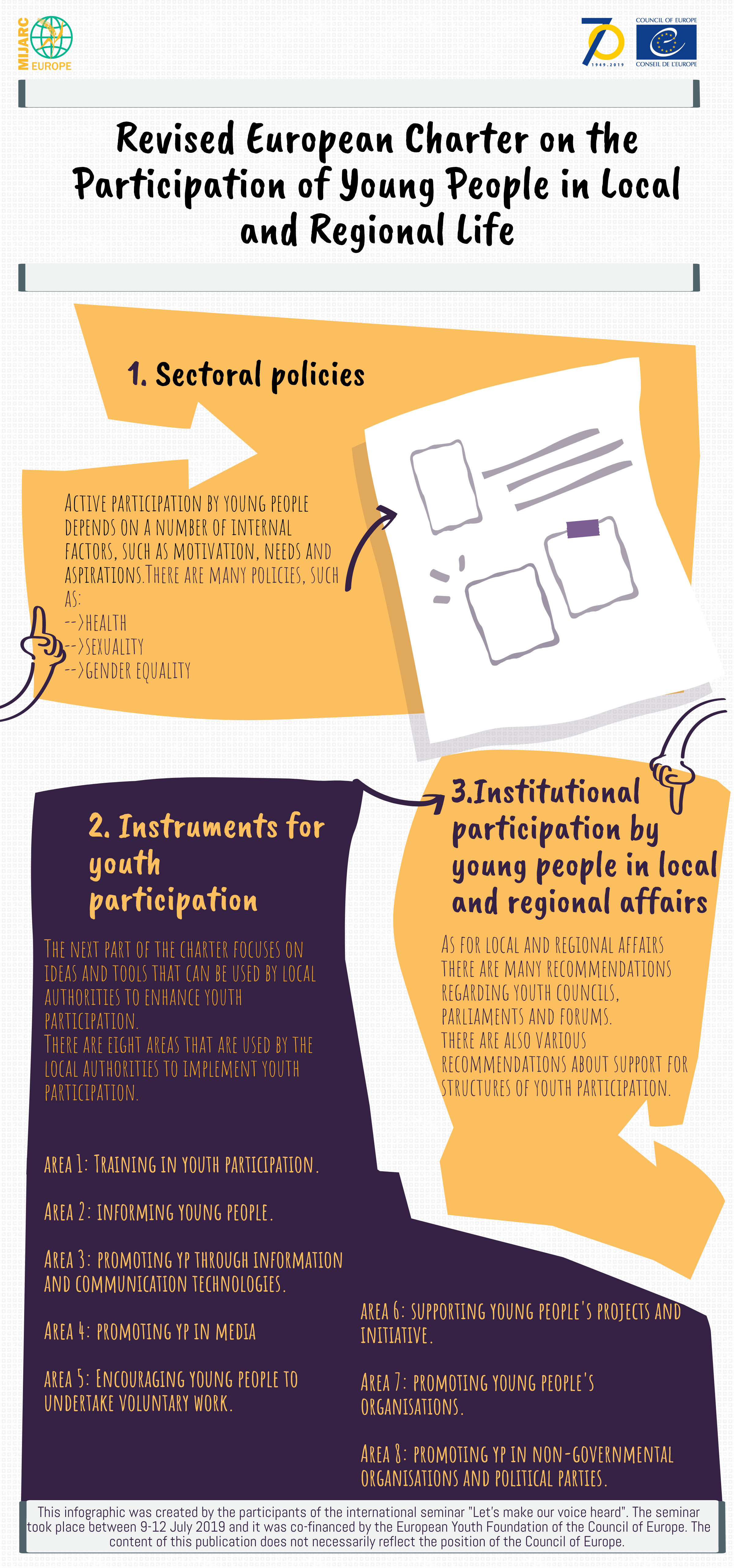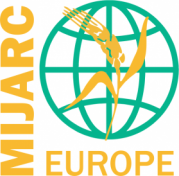On 7th March 2020, our member organisation Federation of Youth Clubs of Armenia (FYCA), organised the first local visit planned within the activities of MIJARC Europe’s annual work plan “Rock, Paper, Participation“. The work plan focuses on seeing-judging-acting on how young people get involved in the dialogue on agricultural policies and on how they take part to sustainable agricultural practices.
The ”Rock, paper, participation” annual work plan is co-funded by the European Youth Foundation of the Council of Europe and the European Union.

FYCA took the young participants to visit several agricultural farms in Nor Geghi (Kotayk province), Armenia.

The visits started with several meetings with local youth representatives and local & regional authorities. At first, the attendees discussed the current situation and existing challenges facing the youth in the region and explored the facts and issues raised by the study on youth involvement in agriculture done by MIJARC Europe.
Later, it was time to start the meetings with the farmers located in the region. The local visit to several agricultural farms in Armenia gathered 25 young volunteers and members from the organization, and also representatives from local and regional authorities from Kotayk province, Armenia.

Prior to the visit, the organization contacted the provincial administration representatives of Kotayk region through FYCA regional coordinator, Mari Hovakimyan. The visit was co-organized by the head of Nor Geghi community, Vardan Papyan and his administrative team.

The field visit started from “Green” intensive apple orchards, where farmers’ staff presented the basics of the fruit cultivation. The participants explored all the stages of producing apples: starting from the basic steps of orchard establishment and development to packing the ready-steady fruits for consumption. The apple orchards have been established in Nor Geghi community in 2016 and currently cover nearly 30 hectares, with the goal of expanding the area by 20 hectares in the nearest future. In addition to apple trees, pear, plum and cherry trees will also be planted there.

It is also interesting to know that the intensive orchards are harvested earlier than traditional orchards. In case of intensive orchards, up to ten times more seedlings are planted on 1 hectare of land. The farm grows a huge variety of apples and each of them is different in its own way.

Having explored the techniques and logistics of the production, it was time to carry out the second visit in the region. The next farm was a fishpond, belonging to “Ninel” LLC and providing employment opportunities to locals.
Afterwards, the team headed to the third well-known farm, “Lusakert” poultry factory. During the visit, the team got acquainted with the bird breeding conditions and technical equipment of the cultivation. As the factory staff informed, the chickens are kept in exclusively natural and ecological conditions, thus providing ecologically pure and nutritious products.

The information gained during the visits were later on used to discuss about how young people could get involved in agricultural policies and firstly if they should get involved. The participants explored the Revised European Charter on the Participation of Young People in Local and Regional Life (the Charter) and its six step implementation model. The participants came to the conclusion that agricultural development is crucially important for developing rural areas. Hence, the strategies and policies promoting the development of rural areas are considered to be a high priority in the country.
In order to reach sustainable agricultural development, it is necessary to provide rural youth with sufficient access to knowledge and information, through incorporating agricultural skills in the education.
According to the discussions, it became obvious that youth’s involvement in policy dialogue is still an existing challenge in the country. Thus, young people need to have access to integrated trainings in agricultural sector and get coherent response from policy-makers and development practitioners so as to overcome those challenges.
Overall, the following conclusion was drawn in result of the local visit: agricultural development is an extremely important asset for fostering sustainable development of rural communities’ livelihood and increasing the standards of living in those areas.
